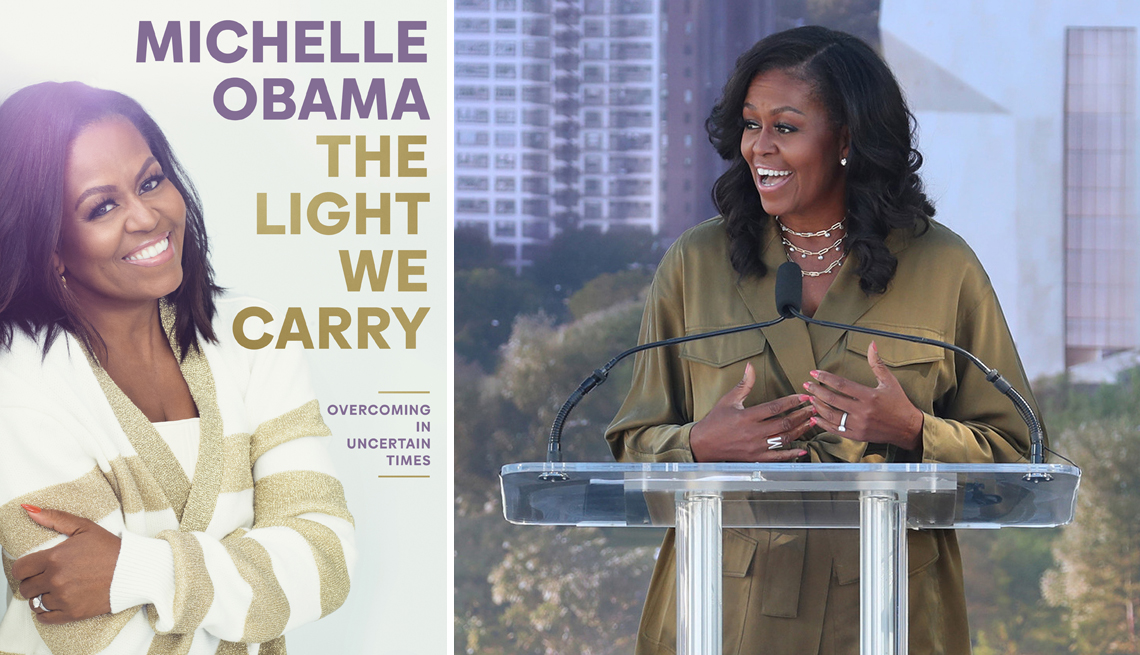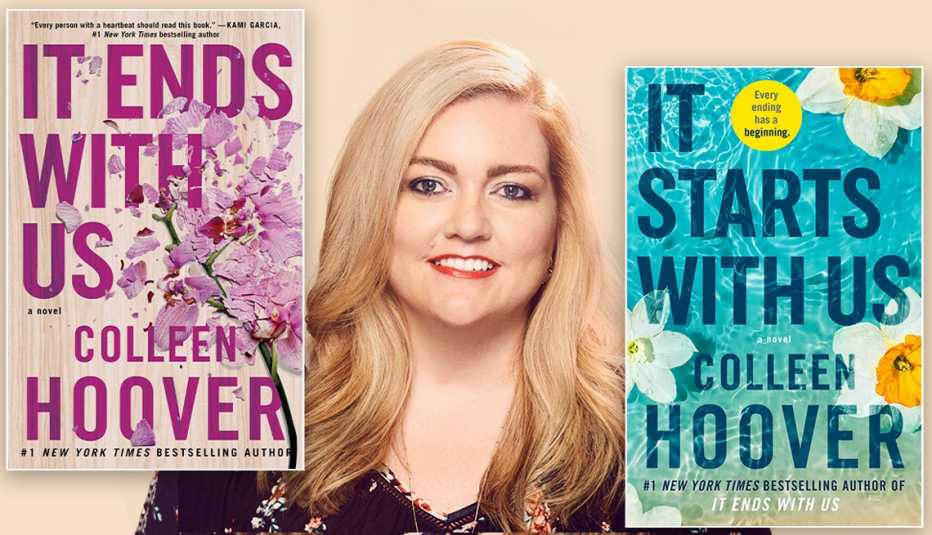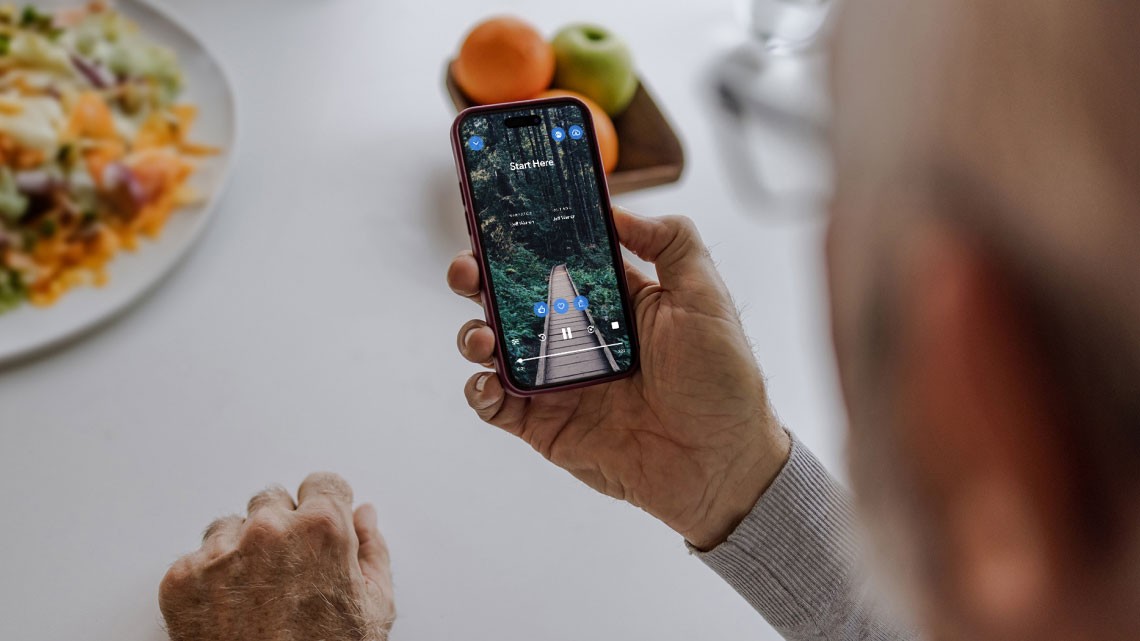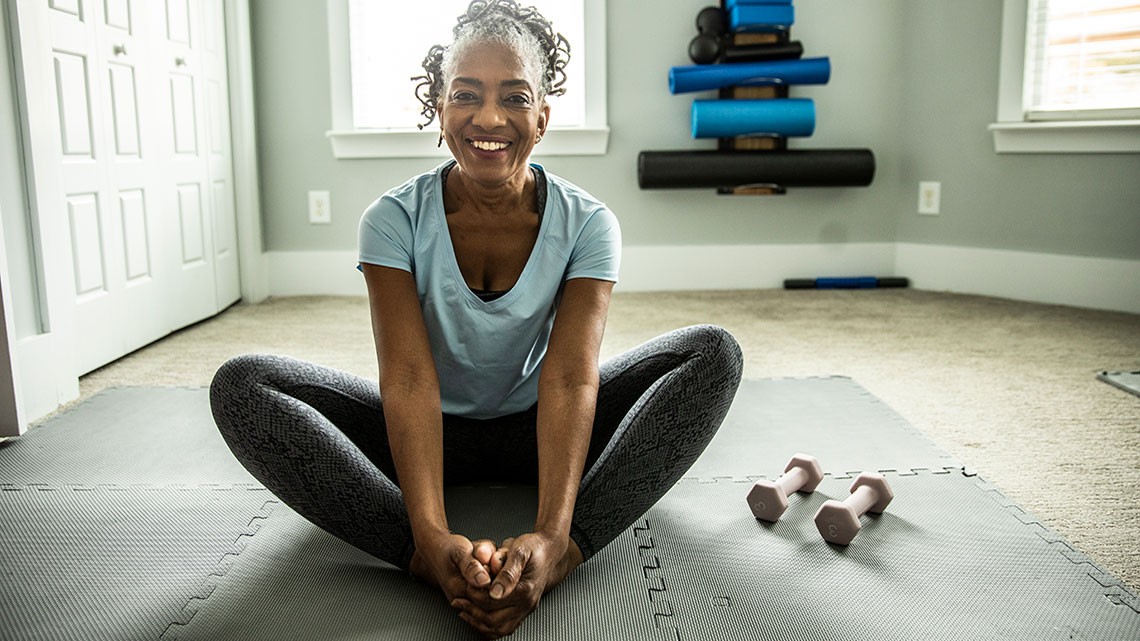Staying Fit
Michelle Obama’s 2018 memoir, Becoming, quickly became an international blockbuster bestseller, offering an intimate portrait of her life from childhood through her eight years in the White House. Now she’s back, with a book about, among other things, forging connections and staying strong and true to yourself in the face of hardship.
In The Light We Carry: Overcoming in Uncertain Times, Obama remains disarmingly frank about her insecurities and flaws — “am I good enough?” she’s often asked herself — while offering the lessons she’s learned, for whatever they’re worth. Her basic premise is that we all have tools that help “keep us upright and balanced” as well as a light (“I believe each of us carries a bit of inner brightness”) that we can use to foster goodness in the world. These, she believes, are the things we all carry.


AARP Membership— $12 for your first year when you sign up for Automatic Renewal
Get instant access to members-only products and hundreds of discounts, a free second membership, and a subscription to AARP the Magazine.
Here are more lessons Obama shares in her book:
1. Thinking small can help you with the big stuff.
Obama writes about how demoralized she felt after the 2016 election and the subsequent years of division and racial tensions, not to mention the pandemic. “I felt myself skirting the edges of cynicism,” she writes. “Nothing seemed fixable or capable of being finished. So why bother to try?” What helped her? Finding something simple, accomplishable and absorbing — something “smaller than my fear.”
For her that was knitting. She ordered beginning knitting needles online, watched some how-to YouTube videos, and began – and was surprised to find that her “mind felt a little splash of ease.” She now knits all the time, she writes. The creative process gives her “a sense of completion in a world that will always and forever feel chaotic and incomplete.”
2. Some fears can’t be conquered, but we can forge ahead despite them.
She discusses the idea of being “comfortably afraid” — “learning to deal wisely with fear, finding a way to let your nerves guide you rather than stop you.” Avoiding what we’re scared of limits us, she notes. It also limits our children if we let fear dominate our parenting. She remembers being a kindergartner when her mother first let her walk the block and a half to school alone. When she walked home that day and saw her mom waiting a bit anxiously in front of their home, Obama writes, she realized her mother had been afraid, “but fear hadn’t stopped her.”
With her own two daughters, Sasha and Malia, now in their 20s, she says, “I watch them go and wait for them to come back, even as my nerves thrum and my heart pounds out of my chest. Because what my mother showed me is that if you try to keep your children from feeling fear, you’re essentially keeping them from feeling competence, too.”






































































